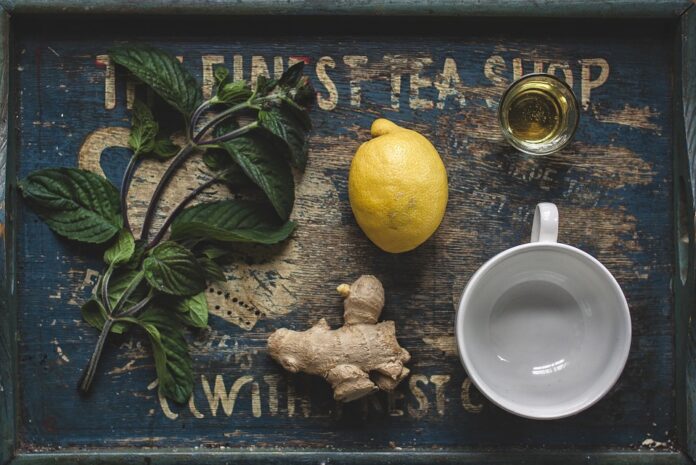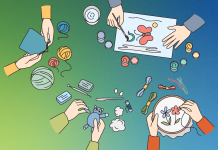The number of people choosing an organic lifestyle keeps on increasing, even if going organic is pretty expensive and hard to maintain. Unfortunately, there are plenty of wrong notions about an organic lifestyle that discourage people from pursuing it. This is why it is better to educate yourself first before committing to it. The organic lifestyle may seem complex and complicated, but it’s simpler than you think. Read on to learn more about the real meaning of organic and assess if it’s the proper lifestyle for you.
The real meaning of organic
The standard for organic products differs globally, but generally, organic refers to the way products are cultivated and processed. The process of creating organic products must promote ecological balance and preserve biodiversity. In addition, products must be produced or grown without the use of chemical insecticides, pesticides, or synthetic fillers to be considered organic, like organic CBD, which is free of toxins and synthetic chemicals, offering many potential health benefits.
Although organic food, animal by-products, and livestock are more popular, the market for organic products is now expanding to cater to more areas like beauty, clothing, and personal care products.
Benefits of an organic lifestyle
Going organic benefits two significant things: the environment and your health. Based on comparative studies, organic food is more nutritious than conventionally-grown food. It has more minerals and micronutrients, which means that eating organic food can improve your physical health. In addition, it frees you from all the carcinogens and toxins found in heavily processed food products. Aside from this, using organic products can also benefit our environment. Organic farming techniques, for example, emit fewer greenhouse gasses and do not contain any harmful chemicals and toxic substances, keeping the soil and water in prime condition.
How to start living an organic lifestyle
Starting is the hardest part of any journey. You can’t change your lifestyle overnight, so take things one step at a time. The best way to do it is to start with the small stuff. Turn your home into an eco-friendly space, visit your local farmer’s market, shop for eco-friendly garments, change your soap to organic, start planting herbs in your garden, and read and educate yourself about the organic lifestyle. Going organic is not just about aesthetics; it is a way of life. Keep in mind that the benefits of organic living are not instant; it may take a while before you can see significant results. Still, it will undoubtedly impact your life positively in the long run.
Conclusion
An organic lifestyle is not just about the food you eat. It also involves all aspects of your life. You can reduce the waste you produce, find ways to minimize your carbon footprint, make your organic products, and even start your new garden. However, you have to take it one simple step at a time for the process to be manageable and attainable. Following an organic lifestyle is simple. It means doing your best and making the right choices for yourself and the environment.





